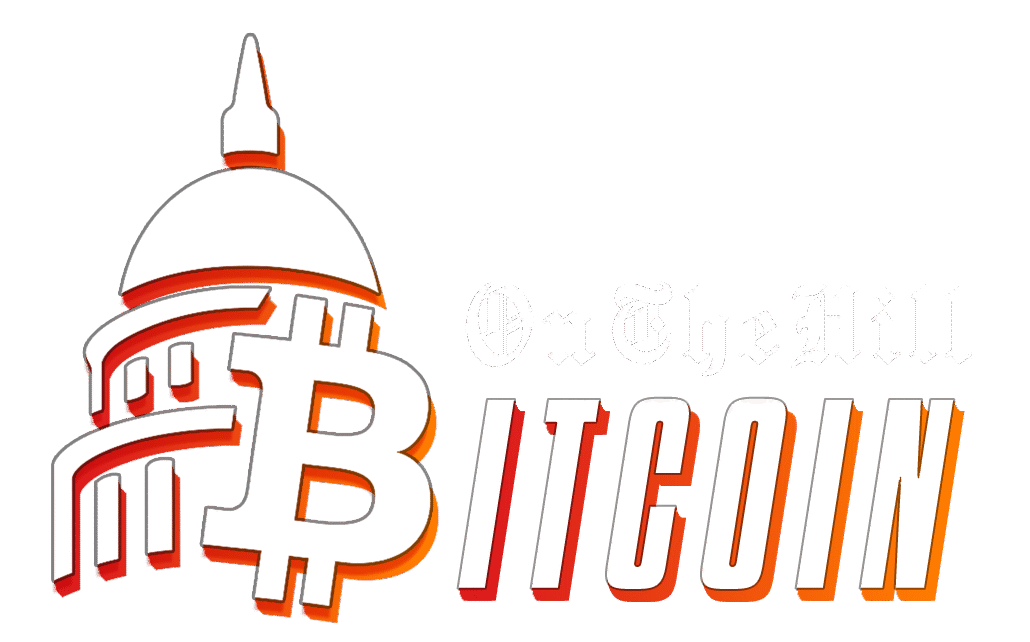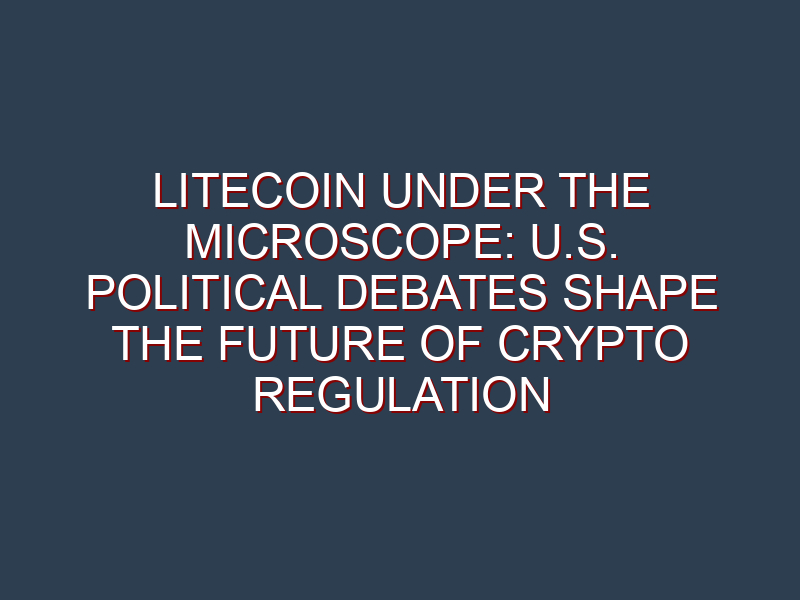Washington’s Newest Battleground: Cryptocurrency Regulation in Focus
The halls of Congress and major regulatory agencies in Washington are buzzing with debate over digital currencies, and Litecoin is increasingly part of the political conversation. As cryptocurrencies gain mainstream traction, lawmakers and regulators face mounting pressure to decide how—and if—digital assets like Litecoin should fit into America’s financial future.
Whether you’re a policy wonk, a financial advisor, or just crypto-curious, understanding the evolving regulatory landscape around Litecoin isn’t just about technology; it’s a window into the power struggles and political motivations shaping the next era of U.S. financial regulation.
Litecoin’s Role in the Broader Crypto Regulatory Debate
Litecoin bills itself as a lighter, faster alternative to Bitcoin, historically promoting speedier transactions and lower fees. While this has earned it a substantial following, it also means Litecoin is referenced in Washington as policymakers debate the very nature of what should be regulated as a security or as a commodity.
The Securities and Exchange Commission (SEC) has asserted itself as the top “crypto cop,” seeking to place coins and tokens under its regulatory umbrella. By contrast, the Commodity Futures Trading Commission (CFTC) favors classifying many digital assets as commodities, potentially giving investors greater freedom but less protection.
This behind-the-scenes tug-of-war isn’t just about consumer safety—it’s pure political theater. Democrats and Republicans alike have recognized that the “crypto vote” is up for grabs, causing both parties to stake out policy positions that blend economic vision, regulatory philosophy, and occasionally, old-fashioned Washington brinkmanship.
Why Lawmakers Care: Political Calculations Behind Crypto Policy
U.S. politicians have discovered that digital assets are a hot button issue with their constituents. For some, embracing cryptocurrencies like Litecoin means projecting an image of innovation, economic freedom, and access to new investment opportunities. For others, it’s about reining in what they see as an unregulated digital wild west, vulnerable to scams and systemic financial risk.
The latest hearings in Congress have made one thing clear: crypto policy is fast becoming a wedge issue. Lawmakers in both the House and Senate have introduced sweeping bills that could bring order to the current regulatory chaos—or, depending on your viewpoint, throttle American digital innovation. The political calculations are made even more complex by international competition. With the EU, China, and other global actors racing to create their own regulatory frameworks, U.S. lawmakers are eager to act—if only to maintain the country’s tech dominance.
For a direct look at new legislative efforts and how regulators are thinking, check out the U.S. Treasury’s policy framework for digital assets and recent statements from the SEC.
What Comes Next? The Future Path for Litecoin and U.S. Crypto Policy
So, what’s next for Litecoin as the regulatory chess match continues? The answer lies in whether federal agencies—and the legislators who oversee them—can agree on a clear regulatory roadmap. Some lawmakers are pushing for new legislation that would formally distinguish between commodities and securities in the crypto space, directly influencing how Litecoin is regulated, traded, and taxed. Until Washington reaches consensus, uncertainty is the name of the game.
For now, everyone from financial professionals to average investors should keep their eyes on Capitol Hill, where the future of digital assets like Litecoin is being written in real time. In the end, the outcome will have less to do with the technology itself and more with the political will of those shaping America’s fiscal future.





